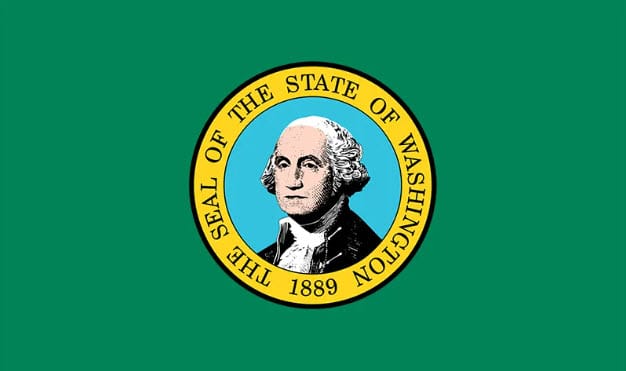Physical Address
304 North Cardinal St.
Dorchester Center, MA 02124
Physical Address
304 North Cardinal St.
Dorchester Center, MA 02124


Facing a divorce can be a tough and emotional process. This page is here to help by shedding light on divorce in Washington. We’ll provide you with essential information about the state’s specific divorce laws and procedures. For a deeper dive, be sure to explore the additional resources and links available.
Washington is a no-fault divorce state, meaning the only ground for divorce is an irretrievable breakdown of the marriage. Unlike some states, there’s no requirement to prove fault or blame.
To file for divorce in Washington, there is no minimum residency requirement, but the divorce cannot be finalized until 90 days have passed from the date of filing.
Initiating a divorce in Washington starts with filing a “Petition for Dissolution of Marriage” in the superior court of the county where either spouse resides. The necessary documents include detailed financial disclosures and, if applicable, plans for child custody and support.
After filing, the next step is to serve the divorce papers to your spouse, following Washington’s specific rules for this process.
In Washington, child custody decisions are based on the best interests of the child. The state encourages co-parenting and involvement of both parents in the child’s life.
Child support is calculated using Washington’s Child Support Schedule, which takes into account the parents’ incomes and the amount of time the child spends with each parent. This approach might differ slightly from other states.
Alimony, known as spousal maintenance in Washington, is determined based on factors such as the length of the marriage, financial needs, and each spouse’s ability to earn. The court looks at these factors to ensure fair support arrangements, meaning each case can vary widely in Washington.
Washington is a community property state, where all assets and debts acquired during the marriage are considered jointly owned and are usually divided equally. This differs from equitable distribution states, where assets are divided based on fairness, not necessarily equally.
For more information, be sure to check out the provided links on Washington’s divorce laws. These resources include family law courts, official government websites, and legal aid organizations.
Article: How Much Does a Divorce Cost in Washington State
You can find most of the forms you need on this page: https://www.courts.wa.gov/forms/?fa=forms.static&staticID=14
General Forms:
Additional Forms:
Other Resources:
Northwest Justice Project – https://www.washingtonlawhelp.org/issues/family-law/dissolution-of-marriage-divorce
Washington State Dept of Social and Health Services – https://www.dshs.wa.gov/altsa/kinship-care/legal-issues
This information is for guidance only and is not legal advice. Always consult a legal professional for advice tailored to your situation.